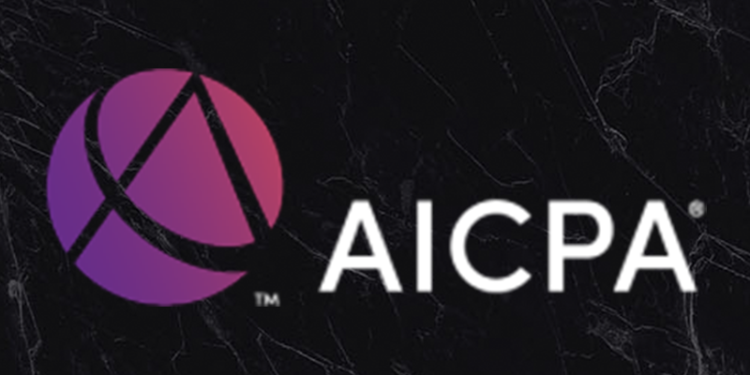Introduction to AICPA
The American Institute of Certified Public Accountants (AICPA) stands as a pillar of the accounting profession in the United States. Established in 1817, the AICPA is a non-profit organization responsible for developing and grading the Uniform Certified Public Accountants (CPA) Examination, which is a critical step for those seeking certification as a CPA in the U.S. The AICPA is the American Institute of Certified Public Accountants, a professional organization responsible for developing and grading the CPA exam, and setting ethical and auditing standards for the accounting profession in the U.S..
With over 418,000 members, it is the largest association of CPAs globally, representing a broad array of specializations including consulting, education, government, business, and industry. Accounting, as a discipline, involves the systematic recording, analyzing, and reporting of financial transactions to ensure accuracy and compliance in financial statements.
Core Responsibilities of the AICPA
Developing and Grading the CPA Examination
A fundamental role of the AICPA is to oversee the CPA examination process. This rigorous four-part exam is a comprehensive assessment covering the practice of accounting. The exam’s difficulty ensures that only those with a high level of knowledge and skill achieve CPA certification.
Setting Ethical Standards
Beyond the examination, the AICPA sets ethical standards for its members. These standards ensure that CPAs adhere to principles of integrity, objectivity, due care, and independence in their professional duties. The AICPA’s Code of Professional Conduct serves as a cornerstone for ethical behavior in the accounting profession.
Establishing Auditing Standards
The AICPA is responsible for setting auditing standards for private companies, non-profits, and various levels of government accountants. Although each U.S. state and territory has its own board of accountancy for local regulation and oversight, the AICPA establishes the national standards that guide the profession.
Specialized Fields and Credentials
The field of accounting encompasses various specialized areas such as technology assurance, personal financial planning, business valuation, and forensic accounting. The AICPA supports CPAs pursuing these specialties by offering specialized credentials, thereby enhancing their expertise and marketability.
Chartered Global Management Accountant (CGMA)
In partnership with the Chartered Institute of Management Accountants, the AICPA offers the designation of Chartered Global Management Accountant (CGMA). This credential is particularly valuable for CPAs aiming to demonstrate their expertise in global management accounting.
Membership and Participation
Becoming a Member
To join the AICPA, candidates must pass the Uniform CPA Examination, obtain a CPA license, and meet additional AICPA and Continuing Professional Education (CPE) requirements. Regular membership is also available to those who previously held a CPA license, provided it was not revoked due to disciplinary actions.
Benefits of Membership
Membership in the AICPA provides numerous benefits, including access to cutting-edge research tools, continuing education opportunities, and a network of professionals committed to maintaining high ethical standards.
The AICPA Code of Professional Conduct
Historical Background
The AICPA Code of Professional Conduct has evolved significantly since its inception. The concept of a formal ethical code dates back to 1907 when Joseph Edmund Sterrett emphasized the importance of ethics at an annual meeting. The first official version of the Code was issued in 1917, and it has undergone numerous revisions to remain relevant with changing professional landscapes.
Structure and Application
The AICPA Code of Conduct is divided into three main parts:
- Members in Public Practice: This section applies to CPAs working in firms providing accounting services to the public.
- Members in Business: This part pertains to CPAs employed in industry, non-profits, the public sector, and similar entities.
- Other Members: This includes members who are neither in public practice nor business, such as retirees or those not currently employed.
Core Principles
The Code mandates that members act with integrity, objectivity, due care, and competence. They must disclose any conflicts of interest, maintain client confidentiality, and serve the public interest. These principles ensure that accountants uphold the trust placed in them by their clients and the public.
Importance of Adherence to the Code
Ethical Guidance
For accounting professionals, adherence to the AICPA Code of Conduct is crucial. The Code provides a framework for ethical behavior, helping accountants navigate complex situations with integrity. It also offers a conceptual framework for addressing issues not explicitly covered by the Code.
Global Relevance
In an increasingly global business environment, understanding and following the AICPA Code, as well as the International Ethics Standards Board for Accountants (IESBA) Code of Ethics, is vital. The AICPA Code is rules-based, providing specific guidelines, whereas the IESBA Code is principles-based, offering a broader ethical framework. Both are essential for CPAs working in multinational contexts.
Compliance and Research Tools
To aid compliance, the AICPA provides resources like the Professional Library through Thomson Reuters Checkpoint, a robust research tool offering comprehensive and current accounting and auditing information.
Conclusion
The American Institute of Certified Public Accountants (AICPA) plays a pivotal role in shaping the accounting profession in the United States. From developing and grading the CPA exam to setting ethical and auditing standards, the AICPA ensures that its members maintain the highest levels of professionalism and integrity. Adherence to the AICPA Code of Professional Conduct is not just a requirement but a commitment to ethical excellence, transparency, and public trust. As the profession continues to evolve with technological advancements and global integration, the AICPA remains a steadfast guardian of accounting standards and ethics, ensuring that CPAs are well-equipped to meet the demands of a dynamic and complex financial landscape.












































































